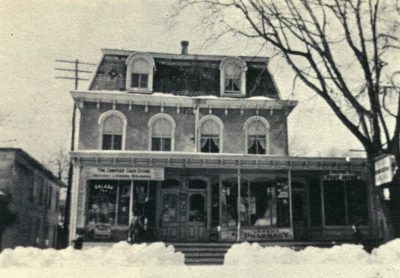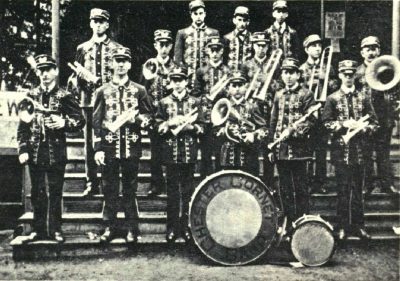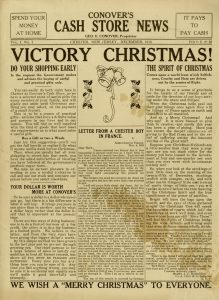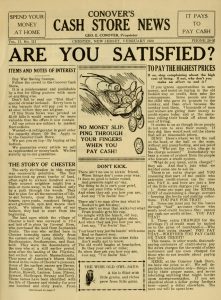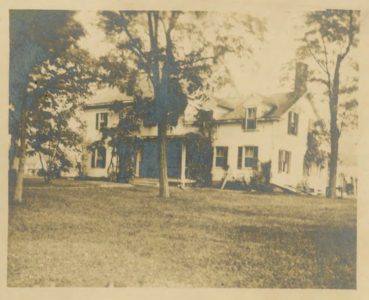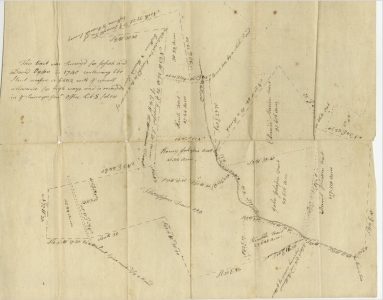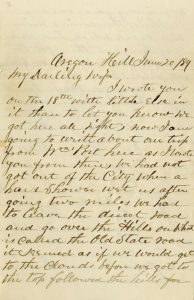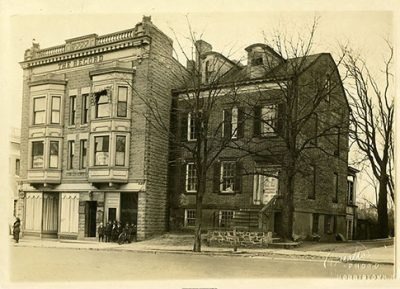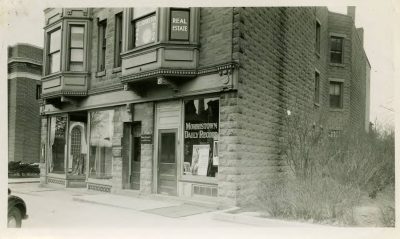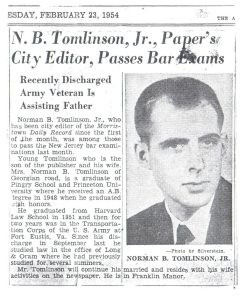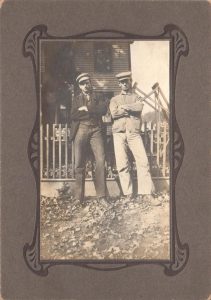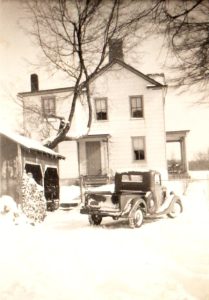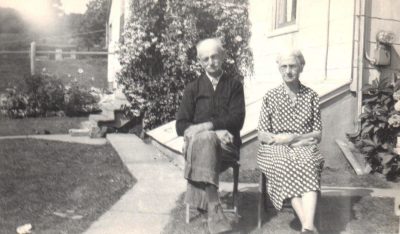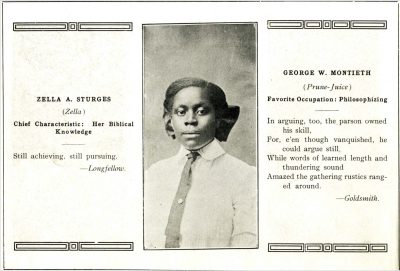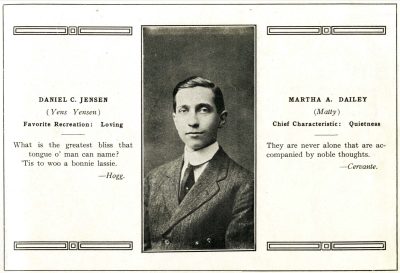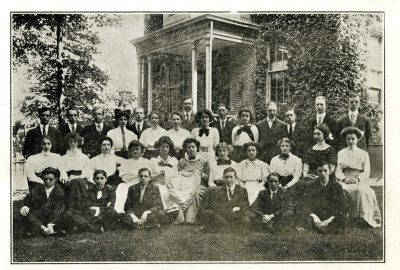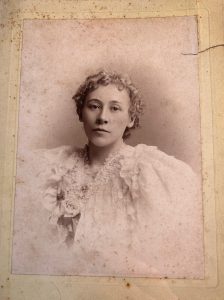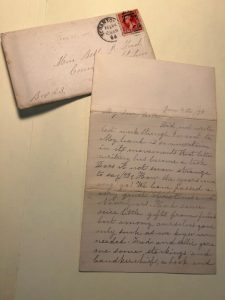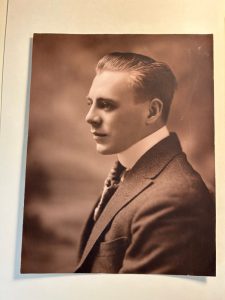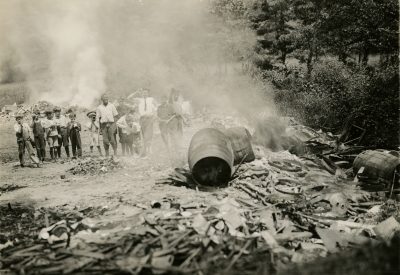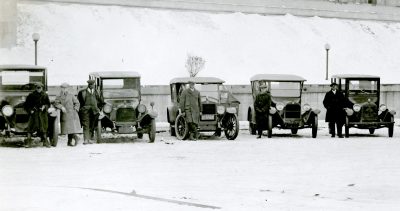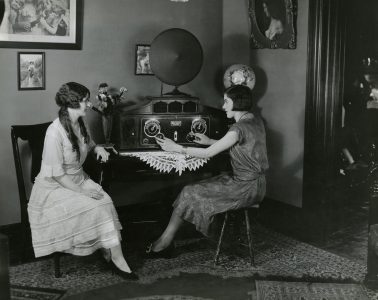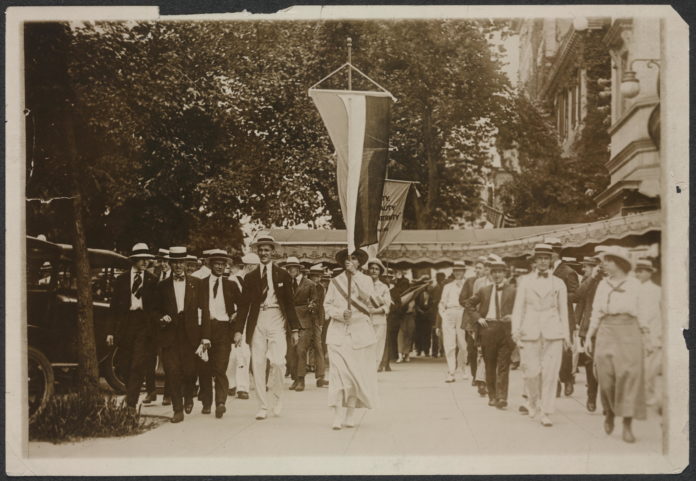The Ford Family’s history in North America dates back to Andrew Ford’s emigration from England to Weymouth, Massachusetts in the 1640s, a community that he helped found before acquiring property in Plymouth colony with his wife, Ellinor Lovell. The first Fords to live in Morris County, New Jersey were Andrew’s grandson, John Ford, and his wife Elizabeth Freeman, who owned a large parcel of land two miles east of Morristown. John Ford built one of Morris County’s first iron forges with John Budd.
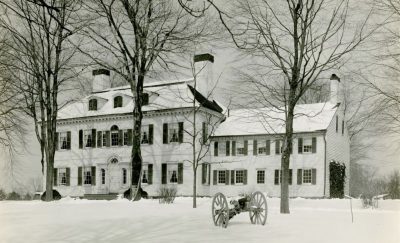
Jacob Ford, Jr. is perhaps best known to local residents for serving in the Revolutionary War and having built Ford Mansion in 1774, which his widow Theodosia Johnes Ford later offered to General George Washington for use as his headquarters during the winters of 1779 and 1780. Prior to his early death in 1777, Jacob was an iron forger, like his father, and he served as Eastern Battalion Commander of the Morris County Militia where in 1777 he successfully fought the British at the Battle of Princeton.
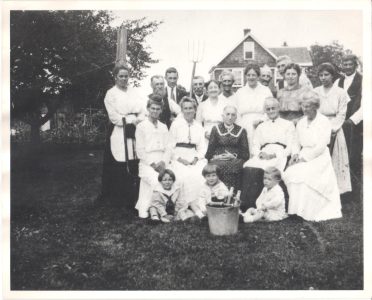
Various members of the Ford family owned large tracts of land in Morris County where they operated farms, iron forges, served as members of the clergy, fought in colonial and Revolutionary wars, and worked as land surveyors, school administrators and teachers, medical missionaries, nurses, and bankers. The Fords maintained connections to the Garden State for three centuries.
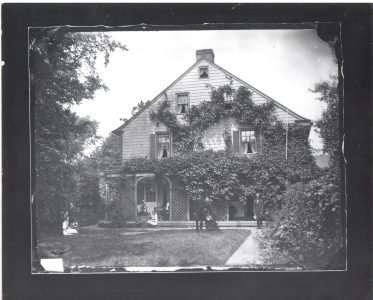
The Ford Family Papers may be viewed in the History Center Reading Room. Interested researchers should consult the online finding aid prior to contacting staff to schedule an appointment.

